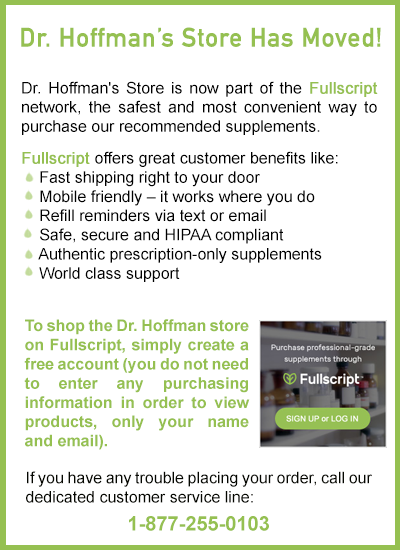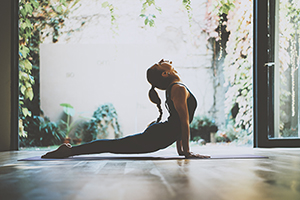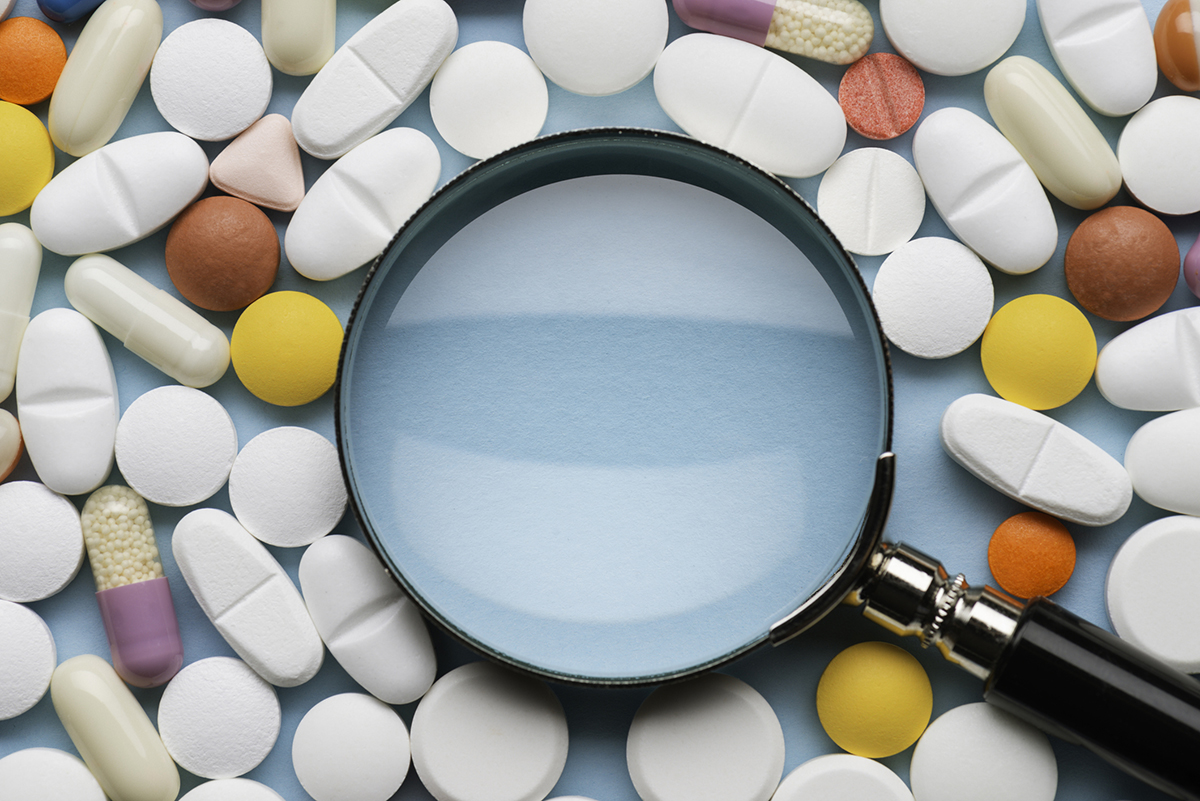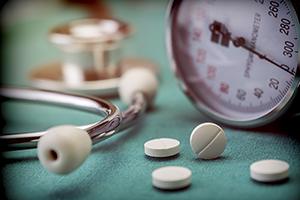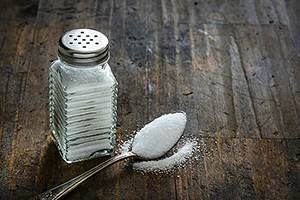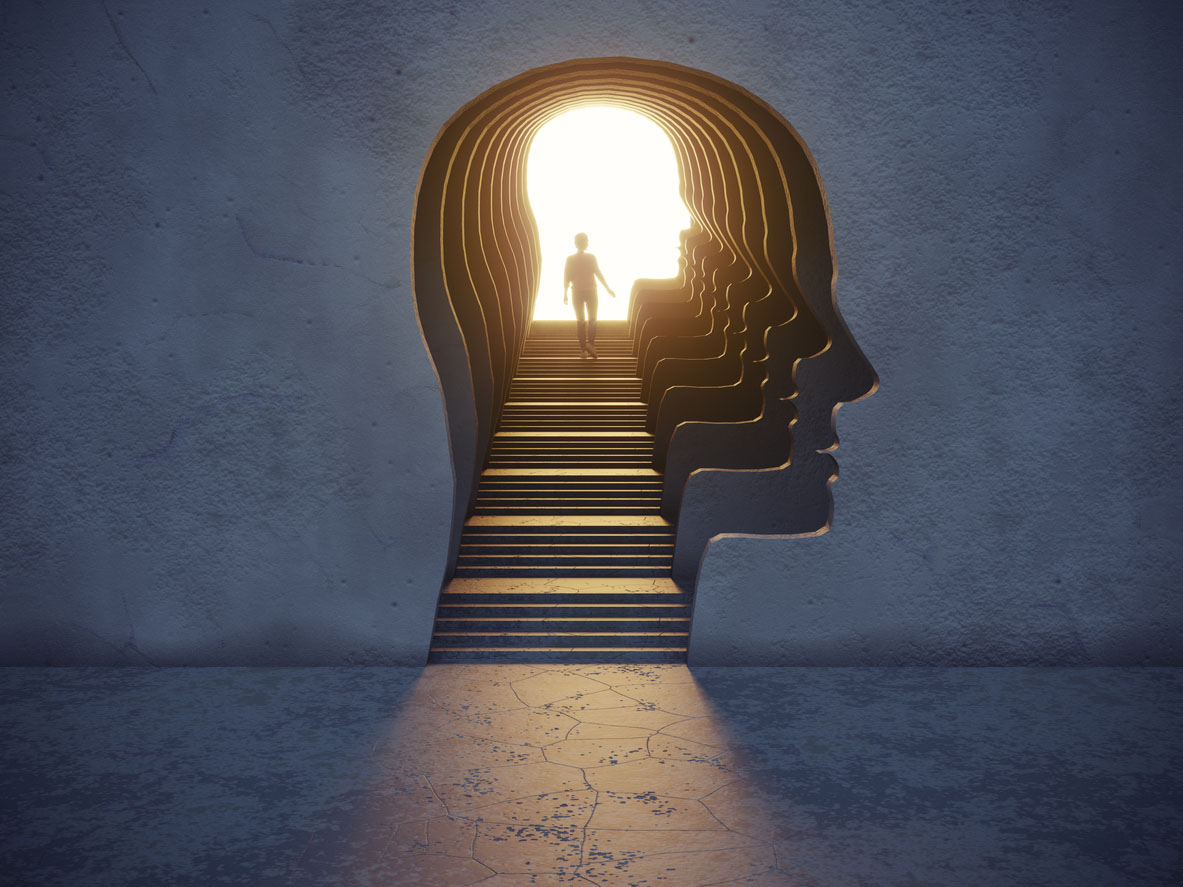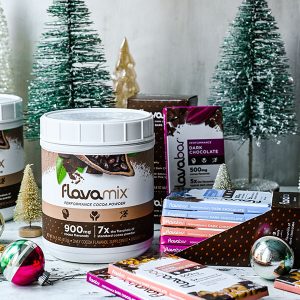In past weeks I’ve focused on blood pressure in the wake of new guidelines that have now officially categorized nearly half of US adults as hypertensive. Of course, diet is of prime importance in optimizing blood pressure. Here, I offer additional tips on lifestyle measures that can obviate the need for medications, with all their attendant side effects.
1) Exercise your options: Whether aerobic or strength, exercise has been conclusively demonstrated to lower blood pressure; the effects of exercise are comparable to many blood pressure medications. How much exercise and what type you should do depend on your fitness level. While weight lifting will transiently raise your blood pressure, it can be a valuable accompaniment to such activities as running, cycling, swimming and even performance of household chores. Avoid lifting heavy weights if your blood pressure is poorly controlled.
2) Walk this way: Some people just don’t like to exercise. No worries: Studies show that brisk (3-4 mph) 40 minute walks can lower systolic blood pressure (the top number) by 5 points, diastolic (the bottom number) by 2 points. The results might be even more robust if performed consistently. Just keep in mind that the benefits of walking can be neutralized by urban air pollution. Seek out parkland or the countryside on those air quality alert days.
3) Practice Yoga: Studies consistently demonstrate that yoga helps to optimize blood pressure. This may be due to yoga’s regulatory effects on the autonomic nervous system. While most yoga postures are safe for hypertensives, care must be taken with inversions that increase intracranial pressure, a potential risk factor for stroke.
4) Try Tai Chi: According to a recent meta-analysis the ancient practice of Tai Chi can lower blood pressure in older people as effectively as drugs or aerobic exercise. Tai Chi consists of gentle rhythmic movements coupled with deliberate breathing.
5) Consider acupuncture: In China, acupuncture is frequently employed for hypertension. It was not until recently that a US study validated this approach using electro-acupuncture. 70% of treated patients achieved a significant drop in blood pressure.
6) Meditate: Transcendental meditation and mindfulness-based stress reduction may produce clinically significant reductions in systolic and diastolic blood pressure, according to a recent review.
7) The Zona Plus: Based on experience with Air Force pilots, the Zona Plus is a hand-held device that guides users through programmed grip-strength exercises. In published studies, participants’ systolic blood pressure dropped an average of 14 points. The mechanism of action probably involves blood flow changes or feedback to rein in sympathetic nerve activation.
8) Optimize your sleep: It is clear that sleep apnea can lead to high blood pressure; night-time bouts of de-oxygenation trigger a steep increase in stress hormones that constrict arteries. Moreover, even in the absence of sleep apnea, sleep deprivation—achieving less than six hours of restful sleep per night—is a risk factor for hypertension.
9) Are you Type A? Much research has centered around the relationship between personality type and hypertension. But the latest studies suggest that being Type A—angry, anxious, impatient, aggressive, competitive—doesn’t inevitably lead to high blood pressure.
10) Overcome depression: Studies show that depressed patients are at higher risk for uncontrolled hypertension. This is plausible, because depression engenders physical changes such as inflammation and surges of stress hormones. Depression also deters hypertensive patients from initiating constructive lifestyle changes like healthy diet and exercise.
11) Have more sex: While I can’t think of any studies that show that more frequent love-making lowers blood pressure, it makes sense. Sex, and even just hugging, triggers release of oxytocin, which is related to lower cardiovascular and sympathetic reactivity to stress. Certainly, the converse is true: hypertension increases the risk for erectile dysfunction; and, many blood pressure medications put a crimp on sexual performance.
12) Tap your spirituality: Even when study participants didn’t lose weight or take their medication consistently, a study of 5,600 African Americans showed that people who were involved in religious activities had significantly lower blood pressure than people who were not.
13) Get married: A large study showed that marriage conferred blood pressure benefits, particularly for men. WARNING: Results may vary!
14) Combat loneliness: Social interaction protects against the stressful effects of isolation. This amplifies the theme of the “Blue Zones,” areas where high degrees of family and community cohesion promote longevity.
15) Fight racism: Researchers speculate that the stress of the day-to-day experience of racial discrimination—not just genetics, poor diet, or inferior medical care—is an ingredient in the high prevalence of hypertension among US minorities.
16) Get an education: Research demonstrates that more educated individuals are less likely to suffer from high blood pressure. Whether this is a reflection of higher social class, affluence, access to better food, less stressful occupations, or overall health awareness is up for grabs; I’d venture that you “Intelligent Medicine” readers/listeners are likely better shielded from high blood pressure risk by virtue of your heightened health literacy!
17) Avoid environmental pollution: Exposure to air pollution has negative vascular effects. Additionally, body burdens of lead, mercury, and cadmium are associated with hypertension.
18) Nature prescription: Urban dwellers take heed—30 minutes of nature exposure three times a week have been shown to lower blood pressure.
19) Music Rx: It’s said that “music soothes the savage beast.” According to research it also tames blood pressure (not sure if that includes Thrash Metal!)
20) Drink moderately (if at all): While it may seem that a relaxing glass of Merlot or a cocktail may be just the thing for high blood pressure, there’s some new-think on alcohol and hypertension. It may be that the protective effects of red wine polyphenols have been exaggerated and that even minimal amounts of alcohol may raise blood pressure. Alcoholic beverages pack a caloric wallop, and disinhibit appetite which may sabotage weight loss efforts. Additionally, drinks don’t combine well with many blood pressure meds.
In a future newsletter, I’ll list supplements that can help control blood pressure—stay tuned!
